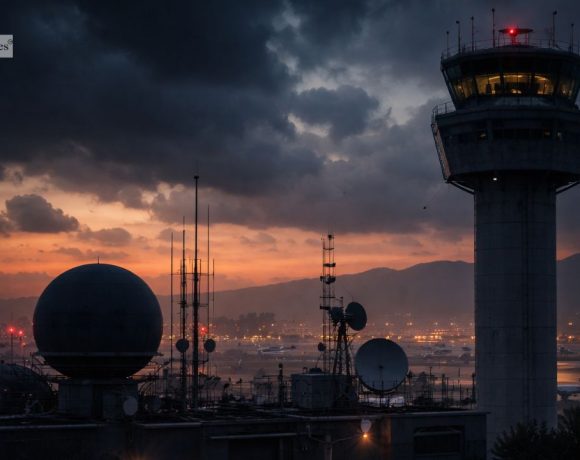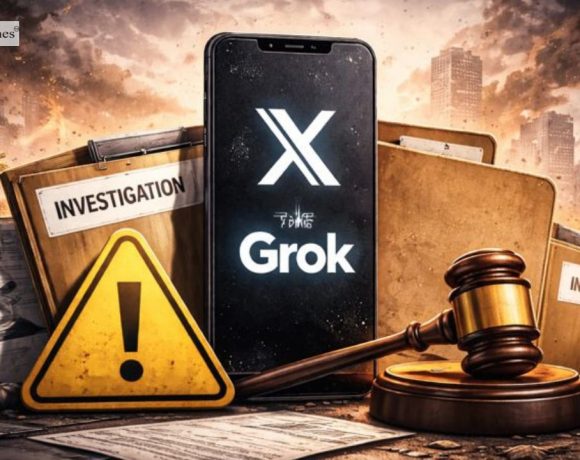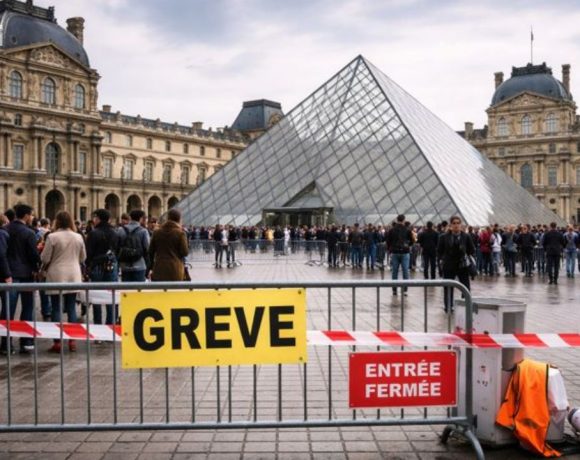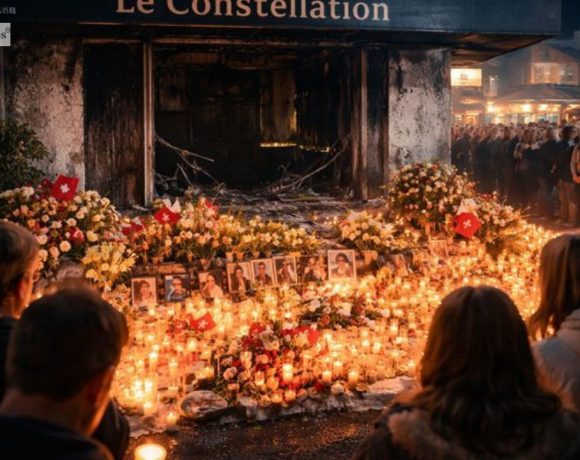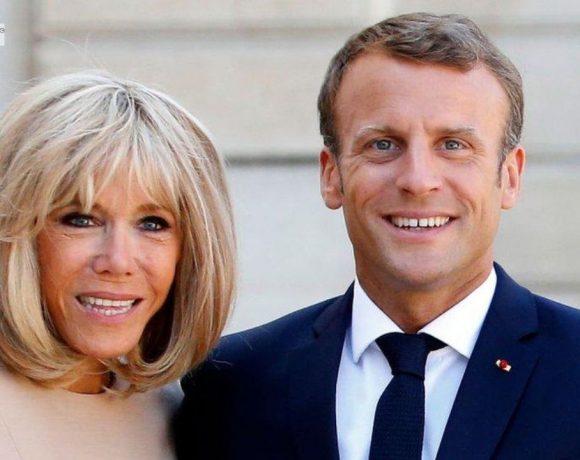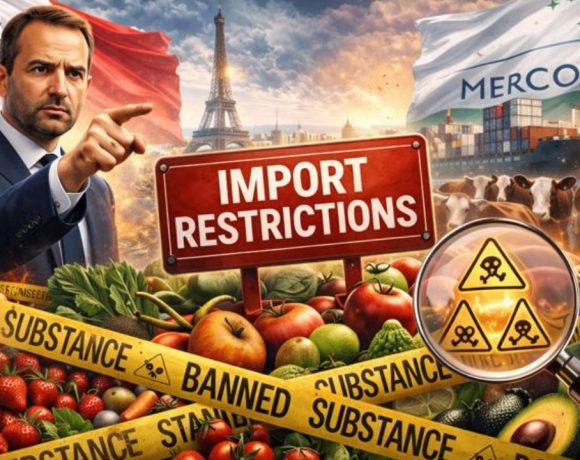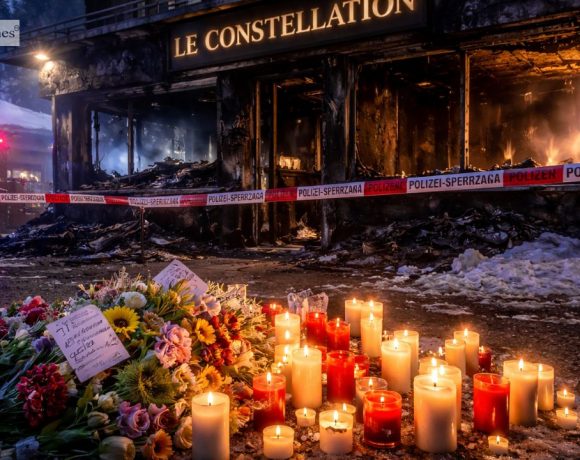
Authorities in Switzerland have revealed that Le Constellation bar in the ski resort of Crans-Montana, where a devastating fire killed 40 people and injured 116 on New Year’s Day, had not undergone a safety inspection for five years. Mayor Nicolas Feraud said the council could not explain the lapse but expressed deep regret, acknowledging responsibility and apologising to the victims’ families.
The mayor announced that sparklers, believed to have ignited the blaze after being held too close to the ceiling, would be banned from all local venues. An external contractor will be appointed to inspect and audit all 128 establishments in the area. Feraud admitted that a small inspection team was responsible for overseeing more than 10,000 buildings, but said he had no explanation for why the bar had not been checked since 2019.
Swiss prosecutors have opened a criminal investigation, placing the two managers of the bar under scrutiny for suspected manslaughter and arson by negligence. While Feraud said it would be up to judges to determine whether local officials would also face investigation, the tragedy has raised wider questions about Switzerland’s decentralised safety enforcement system and whether warning signs were overlooked.
Pic courtesy: google/ images are subject to copyright

